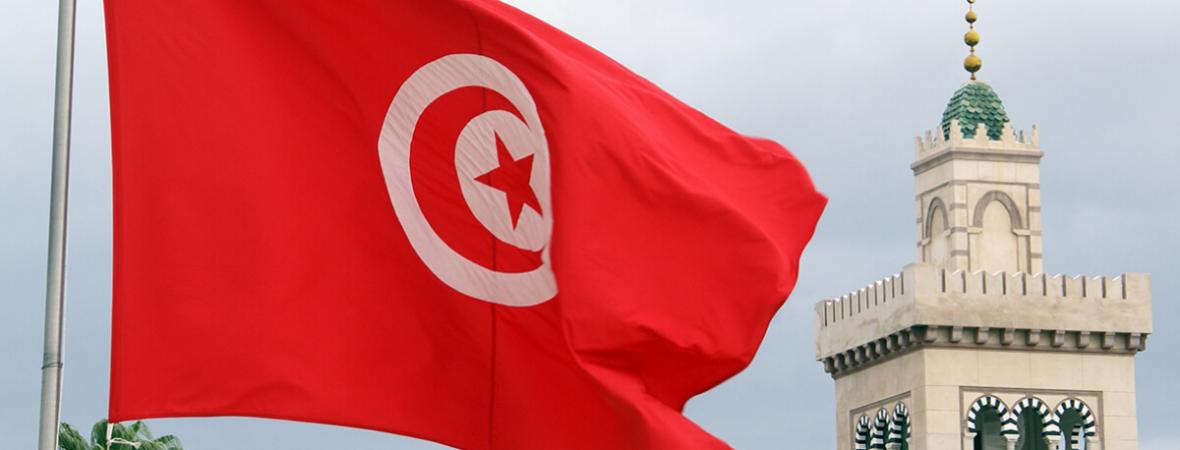Tunisia Needs a Local Approach to Preventing Violent Extremism

Tunisia’s political instability and polarization has reached a critical juncture in the run-up to the autumn 2019 presidential and parliamentary elections. Political and ideological rivalries are intensifying between former regime members and Islamist political actors, such as the major Islamist political party Ennahda. Further complicating Tunisia’s fragmented political dynamics is the leadership crisis in Nidaa Tounes, a secular party which comprises a number of deep state officials that have been in power long before the revolution. Public trust in political parties and institutions has plummeted. Amidst this political turmoil and public apathy, this year’s elections will provide an indicator of just how deep citizen disillusionment runs.
As political instability becomes more volatile ahead of the elections later this year, these dynamics have created increased vulnerability to violent extremism (VE). Most recently, Tunisian police officers killed militants in Kasserine and Sidi Bouzid in an attempt to foil terrorist attacks. The capital city of Tunis also suffered from a suicide bombing in October 2018—the first in three years.
Political Polarization and Violent Extremism
Perceptions of the Tunis terrorist attack are deeply entangled with political instability and polarization. According to International Crisis Group, it was viewed by some Tunisians as “expected, almost an outgrowth of the political crisis.” Moreover, some speculation about the incident’s motivation even fell along existing political divisions. While Ennahda’s supporters saw it as a fabricated attack to justify a crackdown on Islamists, others viewed it as a “warning shot from the Islamist party.” Such conjecture illustrates the dangerous degree of political polarization in Tunisia.
Not only has political instability sparked divisions and polarized the country in a way that could be exploited by violent extremists, but it has also confounded and aggravated existing responses aimed at preventing violent extremism (PVE). The Tunis attack drove the revival of a draft law for “the protection of armed forces,” which would expand police powers and give fodder for more heavy-handed practices. Such practices will only have the opposite effect, as IRI’s research in Tunisia suggests that police assault and harassment feed sentiments of injustice and anger that lead to VE.
Local Government and the Challenge of Preventing Violent Extremism
These dynamics pose significant challenges for key actors at the local level. The aftershocks of the democratic transition, as well as political instability at the national level, have hampered the local government’s ability to effectively address a range of citizen frustrations, including those that may lead to VE.
Local governments in Tunisia are hamstrung by resources and growing pains surrounding decentralization. Eighty-six municipalities (out of 350 total) were created in 2016 to ensure that every citizen lived within a municipal district, and their new status is accompanied by struggles with staffing, offices and budgets. “Reflexes” from the old, highly centralized authoritarian system, combined with low levels of citizen outreach, exacerbate tensions in communities.
As local governments grapple with fulfilling the mandate of their new roles and responsibilities, youth engagement and initiatives fall off and feelings of disillusionment and disengagement only grow, with serious implications for VE vulnerability.
The Way Forward
While local governments may feel constrained by dynamics outside of their control, whole-of-society approaches—which include both governmental and nongovernmental actors—have tremendous potential to address the kinds of grievances that can lead to individuals to embrace VE. Civil society in Tunisia is vibrant and can work alongside the local government to amplify citizen engagement and address the root causes of radicalization and citizen dissatisfaction.
In recognition of this, IRI is working with civil society groups in Ben Guerdan and Kasserine—two communities that have suffered violent extremism for years—to cultivate sub-national, civil society-led advocacy for more responsive, community-driven PVE policies.
In the Libyan border town of Ben Guerdan, IRI is building on a previous project which trained youth on facilitation and communication skills as “ambassadors of dialogue.” These individuals went on to facilitate discussions aimed at raising awareness about the drivers of VE and the psychological effects of the 2016 terrorist attack. Building on IRI’s previous project and taking stock of lessons learned, IRI will train the dialogue ambassadors on drafting, preparing and promoting policy papers through targeted advocacy.
IRI’s youth ambassadors will learn everything from policy writing to crafting recommendations that address key structural issues that could lead to VE. The youth ambassadors will then share these recommendations with the newly-elected municipal councils to ensure that PVE policy in their municipality – oftentimes nonexistent – considers a range of deficient governance and socioeconomic dynamics, to complement existing security responses. To ensure there is broad public support for these recommendations, IRI with its local partner Civil Pole and the ambassadors of dialogue, will distribute the policy papers via social media and radio correspondence throughout the municipality.
In the face of widening political divisions and growing nostalgia for authoritarianism, some experts speculate that further democratic backsliding is imminent. Tunisia has reached a fork in the road in its path toward democratization; as such, it is critical to engage disaffected youth at the local level in order to stem the tide of hyper-localized vulnerabilities to violent extremism. Otherwise, these tensions could amplify and have grave ripple effects across the region.
Top